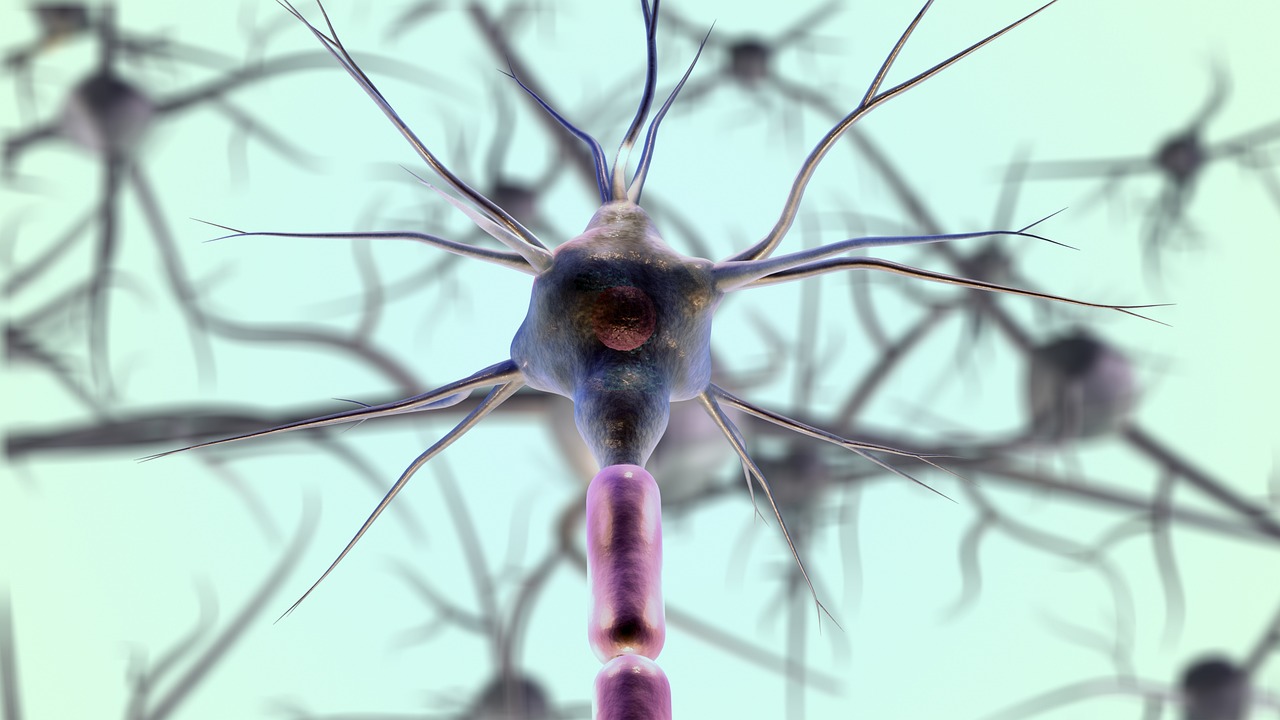Understanding the Role of Emotional Health in Overall Wellness
The concept of health has evolved significantly over the years. It's no longer just about being free from physical illness or injury. Today, we recognize that health is multi-dimensional, encompassing physical, mental, emotional, and even spiritual aspects. We've come to understand that these dimensions are interconnected and equally important for total wellness. In this article, we delve into one of these dimensions that's often overlooked: emotional health. We'll explore its importance, its relation to overall health, and ways to nurture it.

Emotional Health: A Fundamental Pillar of Wellness
Emotional health is more than just the absence of emotional distress or dysfunction. It involves the ability to understand and manage our emotions, to develop resilience, to establish strong relationships, and to maintain a positive self-image. Emotional health is deeply tied to our overall well-being. It influences our ability to cope with stress, overcome challenges, build relationships, and recover from life’s setbacks and hardships.
The Science Behind Emotional Health
Research has shown that emotional health is not just a psychological concept, but it also has physiological implications. Stress, a significant emotion, can trigger a cascade of hormonal changes that can impact everything from our digestion to our immune response. Chronic stress can lead to physical health problems like heart disease, high blood pressure, and weakened immune function.
Shaping Our Emotional Well-being: Strategies and Practices
Promoting emotional health involves developing emotional intelligence, which includes self-awareness, self-regulation, motivation, empathy, and social skills. Here are some strategies:
-
Mindfulness and Meditation: These practices can help us become more aware of our thoughts and feelings without getting caught up in them.
-
Physical Activity: Exercise is not only great for our physical health but also for our emotional health. It has been shown to reduce anxiety and improve mood.
-
Healthy Relationships: Building strong, positive relationships can provide emotional support and enhance our emotional well-being.
-
Adequate Sleep: Sleep has a profound effect on our mood and emotional health.
A Closer Look at Emotional Health
-
Emotional health can be nurtured through practices like mindfulness, meditation, physical activity, fostering healthy relationships, and getting adequate sleep.
-
Chronic stress, an emotional health component, can lead to physical health problems like heart disease, high blood pressure, and weakened immune function.
-
Emotional health is deeply tied to our overall well-being. It influences our ability to cope with stress, overcome challenges, build relationships, and recover from life’s setbacks and hardships.
In closing, emotional health is a fundamental aspect of overall wellness. It’s not just about managing negative emotions but also about fostering positive emotions, resilience, and strong relationships. By understanding and prioritizing our emotional health, we can improve our quality of life and enhance our overall well-being.




